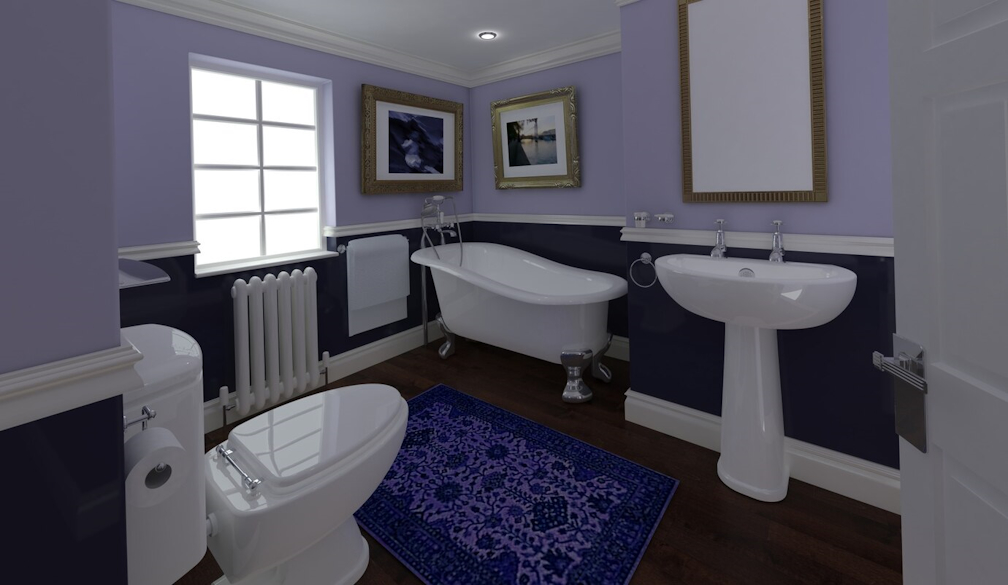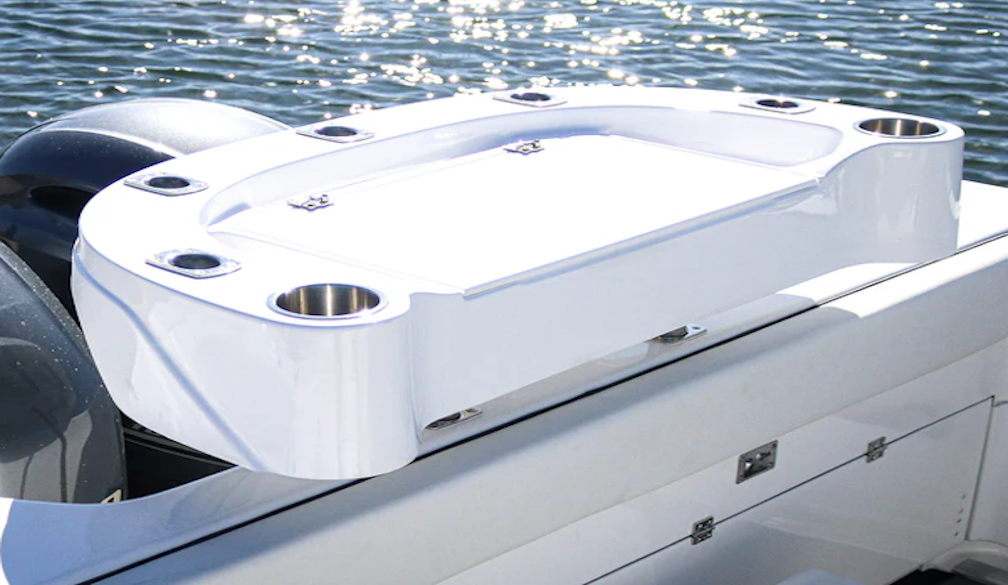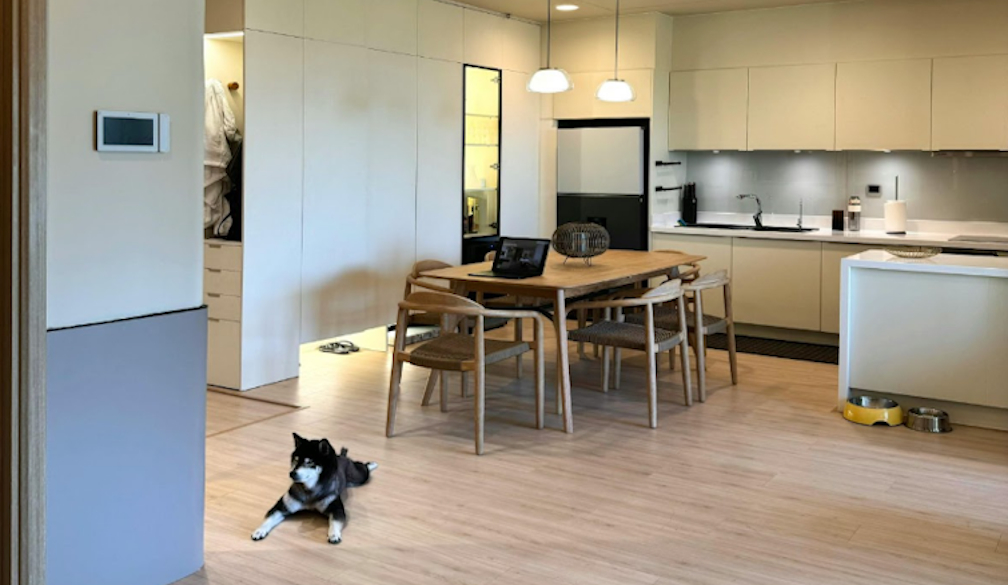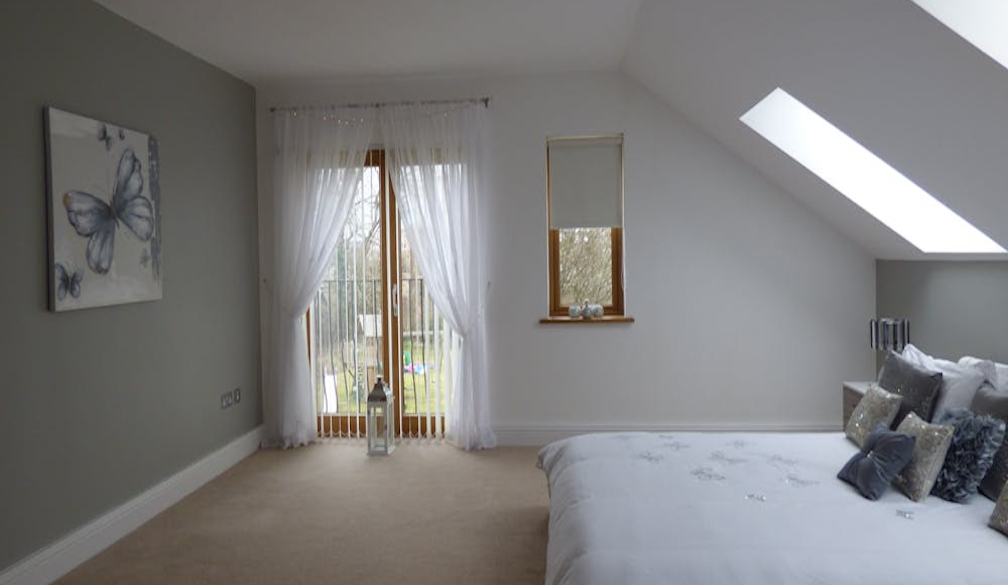What To Look for in a Heat Pump: How to Know Which One Suits Your Family

A heat pump heats water – think of it as a reverse refrigerator. Rather than cooling, it extracts heat from its power source and sends it where you need it. If it sounds simple, that's because it is, but that doesn't mean finding the right one is easy.
I'm John Salmon of Salmon Plumbing, and after three decades in the business, I've seen a lot of heat pump mistakes across the board. Let’s talk about what you should look for in a heat pump so you can find the right choice to suit your family and home.
Power Source
The first step is to decide what power source you want to rely on for your heat pump hot water systems – ground-source, air-source, or water-source.
-
Ground-source heat pumps rely on geothermal power that runs beneath your floorboards. It's energy efficient, though the upfront costs are higher.
-
Air-source heat pumps are an affordable, simple installation process, and draw air from the outside to warm it. It's a good option for moderate climates.
-
Water-source heat pumps circulate water through the system to create heat, providing a stable heat source. Installation is more expensive than air-source heat pumps, and there does need to be a significant water source available.
Other Factors to Consider
-
Size is key. Too small and it won't provide enough hot water for your household; too large and it will cost too much for continued operation. You can discuss size options with a plumbing professional who will make suggestions based on the pattern of hot water usage, the number of people in the home, and the layout of the property as well.
-
Energy ratings are important. Don't forget to look at a unit's energy efficiency. You're making a big investment, and you want it to decrease your bills, not increase them!
-
Consider the climate. Air-source heat pumps are great in moderate climates but aren't suitable for colder weather.
-
Installation requirements. Split systems require outdoor and indoor installation, whereas an integrated system is smaller and installed indoors only. That being said, you must also factor in the size of the tank, compressor, condenser, and evaporator.
Before you jump in on one unit or a specific brand, make sure you read plenty of Heat Pump reviews to learn more about quality and performance, as well as warranty information and customer support.
Whether you want an Apricus or a Rheem Heat Pump Installation, make sure your chosen heat pump ticks all your unique boxes. The key is to work with Master Plumbers, who can advise you on the right heat pump and handle the expert installation.











